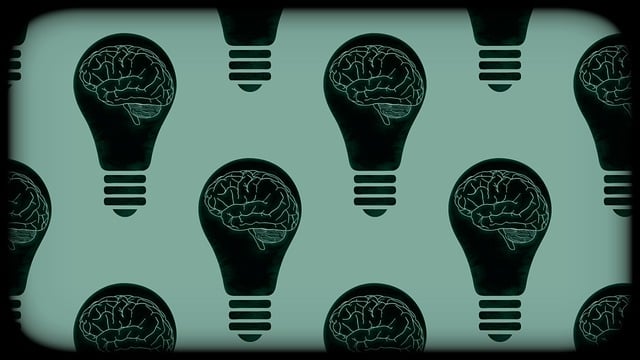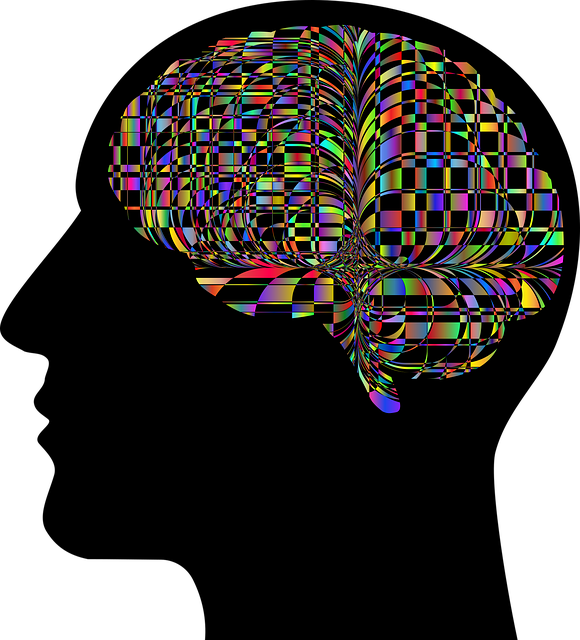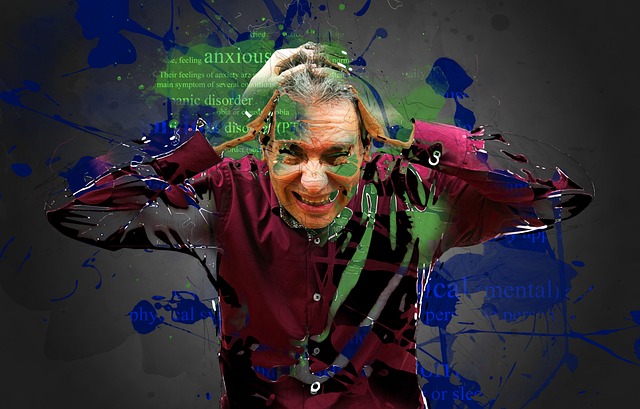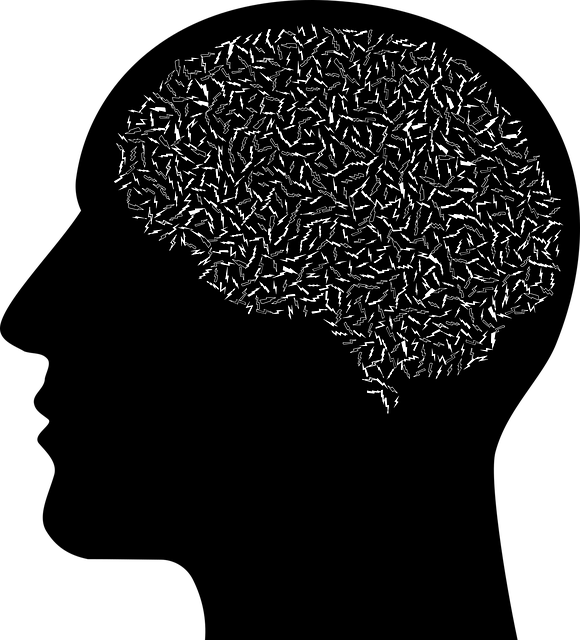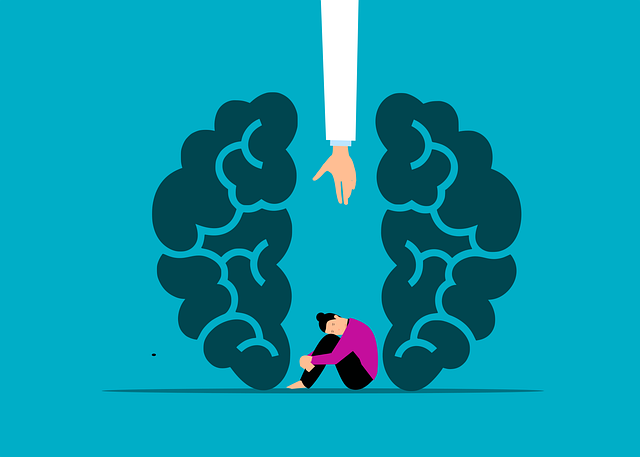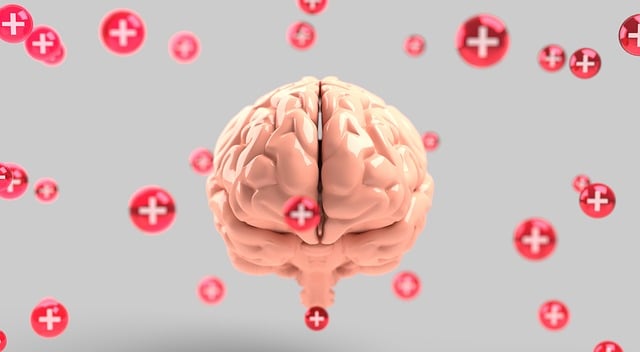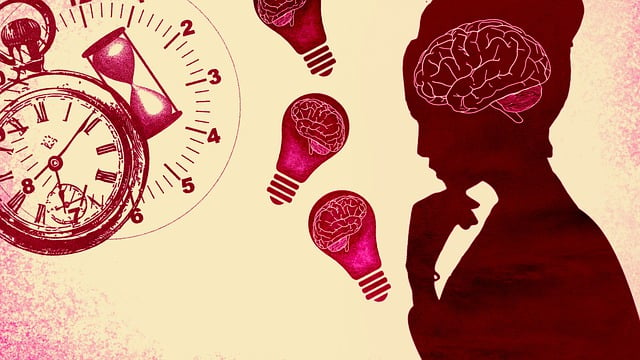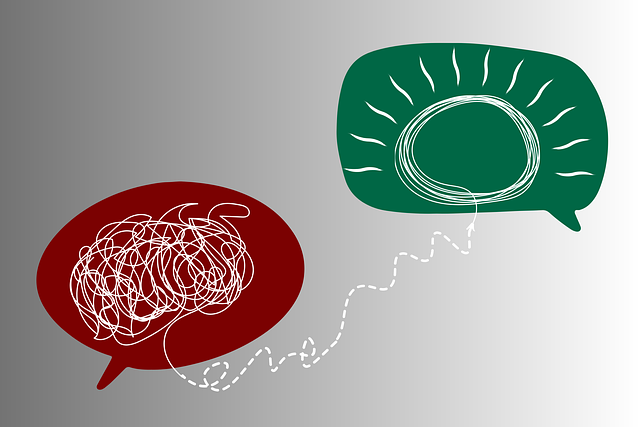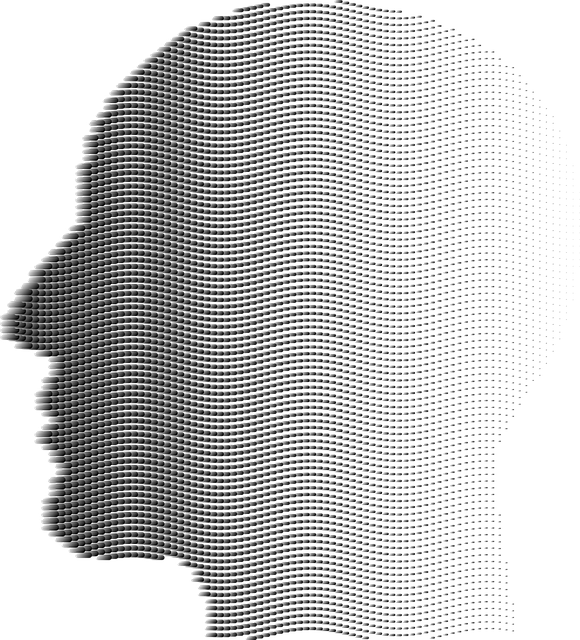As elders age, they face unique emotional challenges that impact their well-being. Therapy for Elders Biofeedback is a powerful non-invasive tool teaching emotion regulation techniques through real-time feedback on physiological markers. This enables seniors to manage stress, cope with physical and mental changes, and navigate interpersonal interactions smoothly. By integrating biofeedback into care, caregivers can support emotional healing processes while promoting life satisfaction and improved quality of life for diverse populations. Therapy for Elders Biofeedback offers substantial advantages, potentially alleviating anxiety and depression symptoms and boosting overall mental health.
Emotion regulation techniques are essential for maintaining mental well-being, especially among elders. As our population ages, understanding and addressing their emotional needs becomes increasingly critical. This article delves into the significance of emotion regulation for seniors, highlighting the unique challenges they face. We explore biofeedback as a powerful therapy for elders, offering insights into its benefits and implementation. Additionally, we provide a comprehensive guide to practical techniques, catering to caregivers and seniors seeking improved emotional resilience.
- Understanding Emotion Regulation for Elders: Unveiling the Need for Effective Strategies
- Therapy for Elders: Exploring Biofeedback as a Powerful Tool
- Practical Emotion Regulation Techniques: A Comprehensive Guide for Caregivers and Seniors
- Benefits, Implementation, and Future Prospects of Biofeedback in Elderly Care
Understanding Emotion Regulation for Elders: Unveiling the Need for Effective Strategies

As elders age, they often face unique challenges when it comes to managing their emotions, which can significantly impact their overall well-being. Understanding emotion regulation is crucial for this demographic, as it enables them to cope with the physical and mental changes associated with aging. Effective strategies are essential because older adults may struggle with expressing and understanding their feelings, leading to potential health issues and social isolation.
Therapy for elders, incorporating biofeedback techniques, plays a vital role in teaching these individuals how to recognize and control their emotions. These sessions can help seniors develop conflict resolution techniques, enabling them to navigate interpersonal interactions with ease. Crisis intervention guidance is another beneficial aspect, empowering elders to handle sudden emotional distress and preventing escalations that might require trauma support services.
Therapy for Elders: Exploring Biofeedback as a Powerful Tool

In the context of therapy for elders, biofeedback emerges as a powerful tool within emotion regulation techniques teaching. This non-invasive approach allows individuals to gain profound insights into their physiological responses, enabling them to consciously modulate emotions and stress levels. Through biofeedback, seniors can learn to recognize bodily signals associated with emotional states, empowering them to employ effective self-care practices and enhance their mental wellness.
The Mental Wellness Podcast Series Production often highlights the transformative potential of biofeedback in conjunction with self-awareness exercises. By integrating these practices into daily routines, older adults can cultivate a deeper sense of understanding and control over their emotional well-being. This proactive approach to self-care not only promotes resilience but also contributes to overall life satisfaction and improved quality of life as one ages.
Practical Emotion Regulation Techniques: A Comprehensive Guide for Caregivers and Seniors

Teaching practical emotion regulation techniques is a valuable asset for caregivers and seniors alike, offering a comprehensive guide to managing emotions effectively. This approach, often integrated into therapy for elders, equips individuals with tools to navigate their emotional landscapes. One such powerful method is biofeedback, which enables people to gain conscious control over involuntary bodily functions, thereby enhancing their ability to regulate emotions.
By learning these techniques, caregivers can support seniors in cultivating emotional healing processes, fostering a sense of well-being. Additionally, cultural sensitivity in mental healthcare practice plays a pivotal role, ensuring that the unique needs and experiences of diverse populations are respected and addressed. Compassion cultivation practices have also proven effective, promoting empathy and self-awareness, which can significantly contribute to overall emotional well-being.
Benefits, Implementation, and Future Prospects of Biofeedback in Elderly Care

Biofeedback, a therapy for elders that teaches them to control their physiological responses, offers significant benefits in elderly care. It helps improve emotional regulation by providing real-time feedback on bodily functions like heart rate and muscle tension, enabling seniors to learn and apply effective communication strategies. Through biofeedback training, the elderly can gain better control over their stress levels, potentially reducing symptoms of anxiety and depression while enhancing overall mental health.
Implementing biofeedback as a part of care plans for older adults can be seamlessly integrated into existing services, including Social Skills Training and Mental Health Policy Analysis and Advocacy initiatives. It promotes self-awareness and empowers seniors to actively participate in managing their well-being. Looking ahead, the future prospects of biofeedback appear promising, with ongoing research suggesting its potential to improve quality of life for elderly individuals and even reduce healthcare costs associated with chronic conditions.
Emotion regulation techniques, particularly biofeedback therapy, offer a promising path forward in elderly care. By equipping caregivers and seniors with practical tools like biofeedback, we can significantly enhance emotional well-being and quality of life for our aging population. The benefits are clear: improved mental health, reduced stress levels, and better overall management of chronic conditions. As research continues to explore and refine these methods, biofeedback stands out as a game-changer in the realm of therapy for elders, promising a brighter and more resilient future for our seniors.
